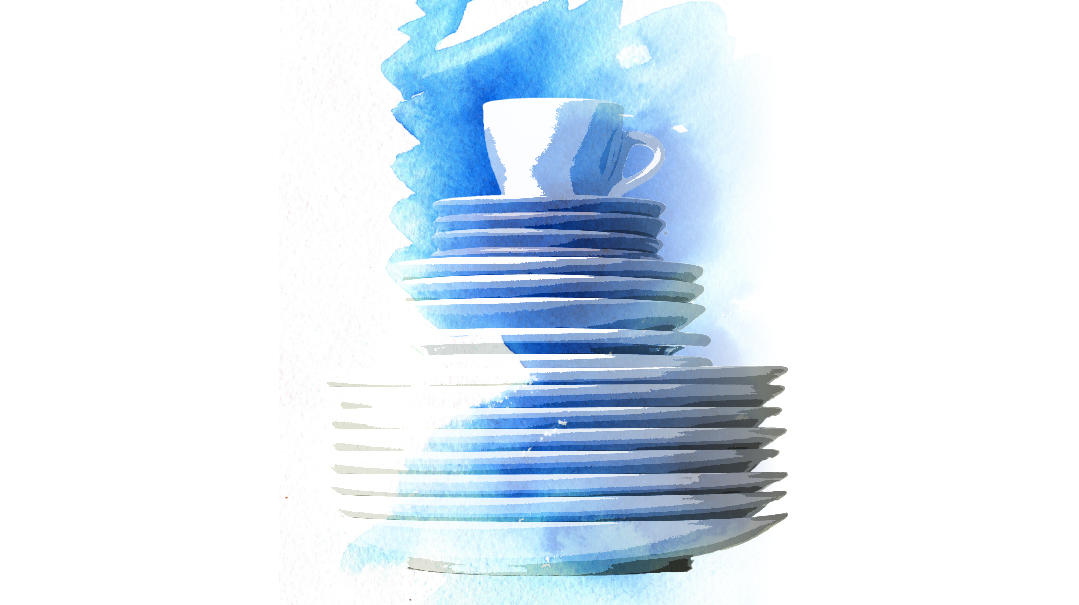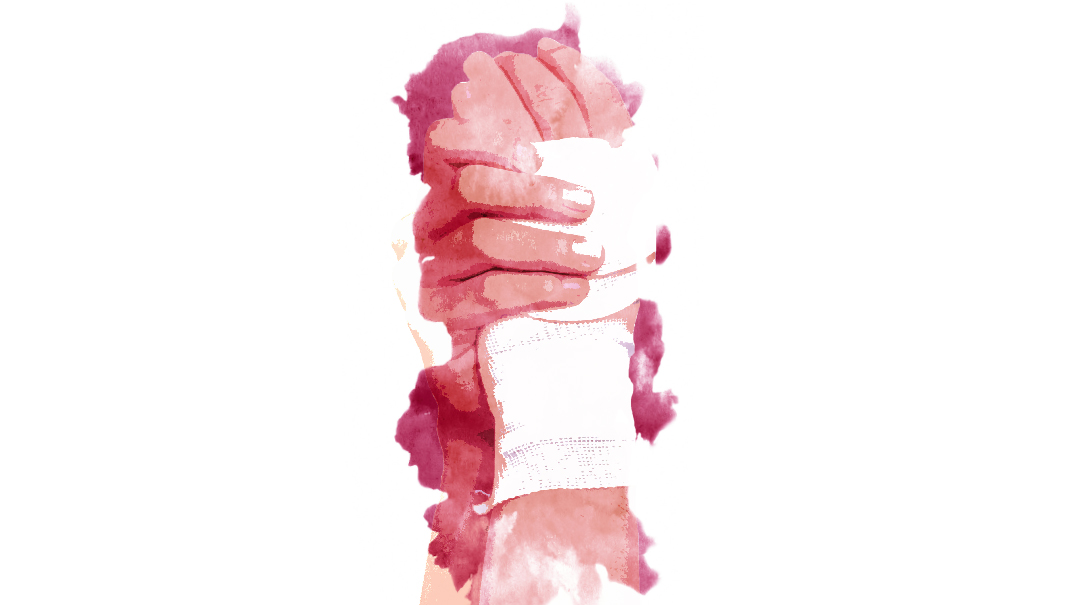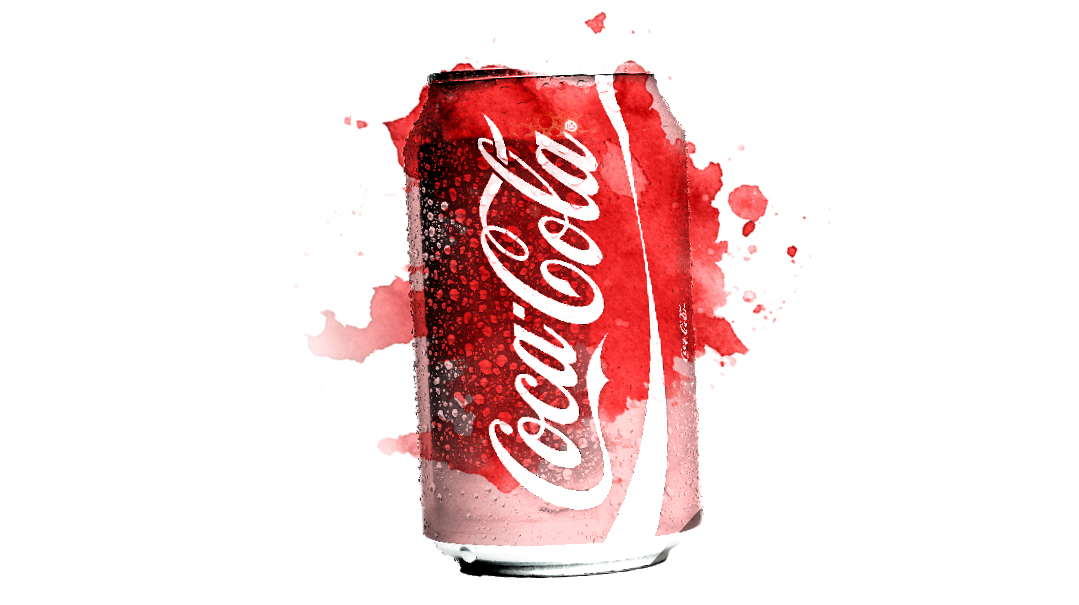Waiting It Out

Waitressing required a completely different skill set than passing AP exams and Regents

What do you do when you’re a non-frum teenager who’s just finished high school, needs extra money for college, and has a summer to kill? You find a job, of course, something temporary and not too brain-taxing. In my case, I found a gig as a waitress at a restaurant in downtown Rochester, New York, known as The Manhattan.
The Manhattan was an old dowager of a restaurant by the time I got there in the late 1970s. It had been founded in 1905 and enjoyed a long run as a quality establishment for people who came downtown to shop, go to the theater, see and be seen. With three spacious, colonial-style dining rooms, it reputedly once served 5,000 people a day. It offered traditional food that wouldn’t be considered gourmet today, but was consistently tasty and fresh and served on china plates: burgers, steak and chicken platters, sandwiches, salads, soups. Occasionally someone would order a cocktail or a glass of wine.
It was an old-fashioned place, of a kind that has practically disappeared. Everything was prepared on premises, including all the breads and baked goods (customers could order their famous pies to take home). Much of the food preparation went on in the huge basement, which I’d pass through every day on my way to the waitresses’ locker room to don my cheesy blue polyester dress with a little red apron. Most of the workers in the downstairs soup and vegetable stations, bakery, and meat prep area were black people wearing white uniforms, which always gave me the unsettling feeling of walking through the kitchen of a plantation.
In the upstairs kitchen, with the exception of the guy grilling the burgers and steaks, everyone was white. There was Bob, the manager, a nice guy in cheap suits and aviator glasses, who approached his mediocre job with admirable earnestness. Lena, the old Swedish immigrant who prepared the sandwiches, had a chin-length white bob and features that must have once been beautiful. She barely spoke English but always beamed at me because I was polite and never yelled at her to hurry up. I rapidly learned the politics: who to step around, who would do you a favor under pressure. When the owner, a tall, hale man in a suit, made an appearance, everyone snapped to attention.
Waitressing required a completely different skill set than passing AP exams and Regents. We were expected to remember who ordered what (a challenge when large parties came in), coordinate the orders to be served together, hoist heavy trays without spilling, and handle payment. I worked long shifts from mid-morning till the evenings, and by the time I got home, I was so physically exhausted all I could do was lie on my bed and listen to records (LPs!) on the little stereo system I was so proud to own. Many years later, when I read Barbara Ehrenreich’s book Nickel and Dimed, her account of trying to get by working blue-collar jobs, I recognized myself in her statement, “In every job, in every place I lived, the work absorbed all my energy and much of my intellect.”
During the lull between the lunch and dinner rushes, we waitresses were allowed to sit in the smallest dining room and choose a meal from the employees’ menu. (This was long before I was keeping kosher; I still have fond memories of the chocolate cream pies and custards.) For me, a kid from a middle class, professional neighborhood, those lunch breaks were a glimpse into how the rest of the world lived — the people who didn’t have other opportunities open to them. Dinah, for example, was my age, with a sweet face, but she already had a child she was working to support, which filled me simultaneously with pity and awe. Her chubby, bespectacled friend Annie, also 18, was improbably married already. Cindy was an Italian girl with exotic looks and a wild side, itching for the cigarettes in her apron pocket, while Donna was a matronly, unflappable woman who’d been supplementing the family income for years at The Manhattan and could be relied on to soothe frayed nerves when the pressure got high. There was only one other college-bound girl there — Leigh was thin and intense, and her professor parents lived in an old Victorian. She never looked at ease taking orders and serving people.
I rather enjoyed that summer despite the demanding work and often-demanding customers. I liked forging bonds with people whose lives were so different than mine, as we bemoaned the stingy tippers, the capricious customers (including an elderly, querulous gang of four, regulars a few nights a week, that someone sardonically dubbed “the lambie pies”), and the businessmen who, when they bothered to notice the person behind the order pad, were usually but not always well-behaved. I got better at the job over time, and liked the feeling of having put in a good day’s work, a pile of tips jingling in my pocket to show for it, even if I was cross-eyed with fatigue on the bus ride home.
Yet I shed no tears when the time came to leave the job behind to go off on my great college adventure. I’d been able to enjoy waitressing because I knew it was a temporary gig, nothing that would define me. I never went back; the following year, I let friends persuade me to work at a Jewish summer camp in Michigan, and after that I stayed on campus during the summers.
The years went by, as I moved on from college to grad school, and during those years The Manhattan began to sputter out, and finally closed its doors in 1984 after nearly 80 years as a Rochester landmark. That same year, I took a break from school to spend a transformative summer at Neve Yerushalayim.
Four years later, The Manhattan’s building was sold, demolished, and replaced with a parking lot. By that point my old self — the person who was once willing to work in a treif restaurant — had also been largely demolished. I, however, enjoyed a much happier reincarnation as a frum wife with little children.
But some things hadn’t changed. My job as a mommy still required serving food all day. Come to think of it, the hours were even longer and more exhausting than they’d been a decade earlier. And now my only tips came in the form of priceless toothless smiles and sweet, shmushy kisses.
Barbara Bensoussan is a contributing editor at this magazine and the author of several books.
(Originally featured in Mishpacha, Issue 868)
Oops! We could not locate your form.







